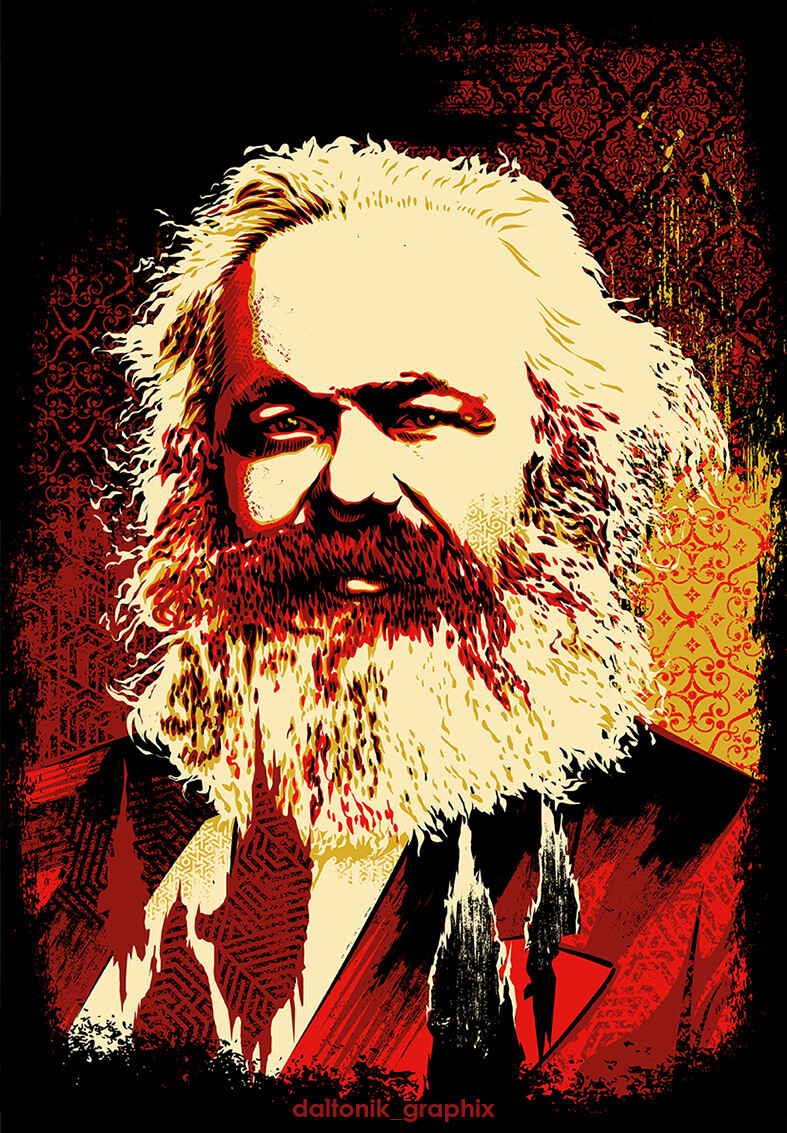Quote from Radhika Desai in a lecture on YouTube (timestamped link)
Already posted the lecture, but I want to highlight one thing that I have been thinking about since watching.
Radhika argues that what she calls Western Marxism has placed all the emphasis on class (read: domestic exploitation of labor) at the expense of imperialism (international exploitation).
This rings true for me since much of what I have read by contemporary, firmly Western Marxists, has centered around the value production and exploitation only within the workplace, or on a national scale, but rarely on an international scale. Hence the undying arguments over the “transformation problem” (which I agree with Radhika is Ricardo’s problem, not Marx’s) and other such topics.
But when looking at the actual history of the major socialist revolutions in China, the Soviet Union, Vietnam, Cuba, etc. etc. the biggest commonality between these countries is precisely that their revolutions were anti-imperialist and not actually the result of a dialectical implosion of commodity production, or late-stage capitalism, or whatever you’d like to call it.
Western Marxists do not think about imperialism because they live in countries which benefit from imperialism. If you live in a non-imperial core country, the primary source of your exploitation is imperialism, with exploitation by your employer being only secondary and smaller. Thus imperialism becomes the object of revolutionary struggle. It might not even have a distinctly proletarian character since even the business owners are being exploited hard by imperialism.
I want to focus even more on the Marxist study of imperialism and the special attention that non-Western revolutionaries have given to it. If anyone has good things to read, I’d appreciate suggestions!
This is why ML’s tactically/“critically” support bourgeois anti-imperialist revolutions as a step toward socialist revolution. https://en.prolewiki.org/wiki/Anti-imperialism
I think it is a thing: that because we benefit from imperialism we may choose to ignore it. But also, as Gabriel Rockhill documents, there was a concerted effort to neutralize Marxist theory in the Global North:
I found a YouTube link in your post. Here are links to the same video on alternative frontends that protect your privacy:


